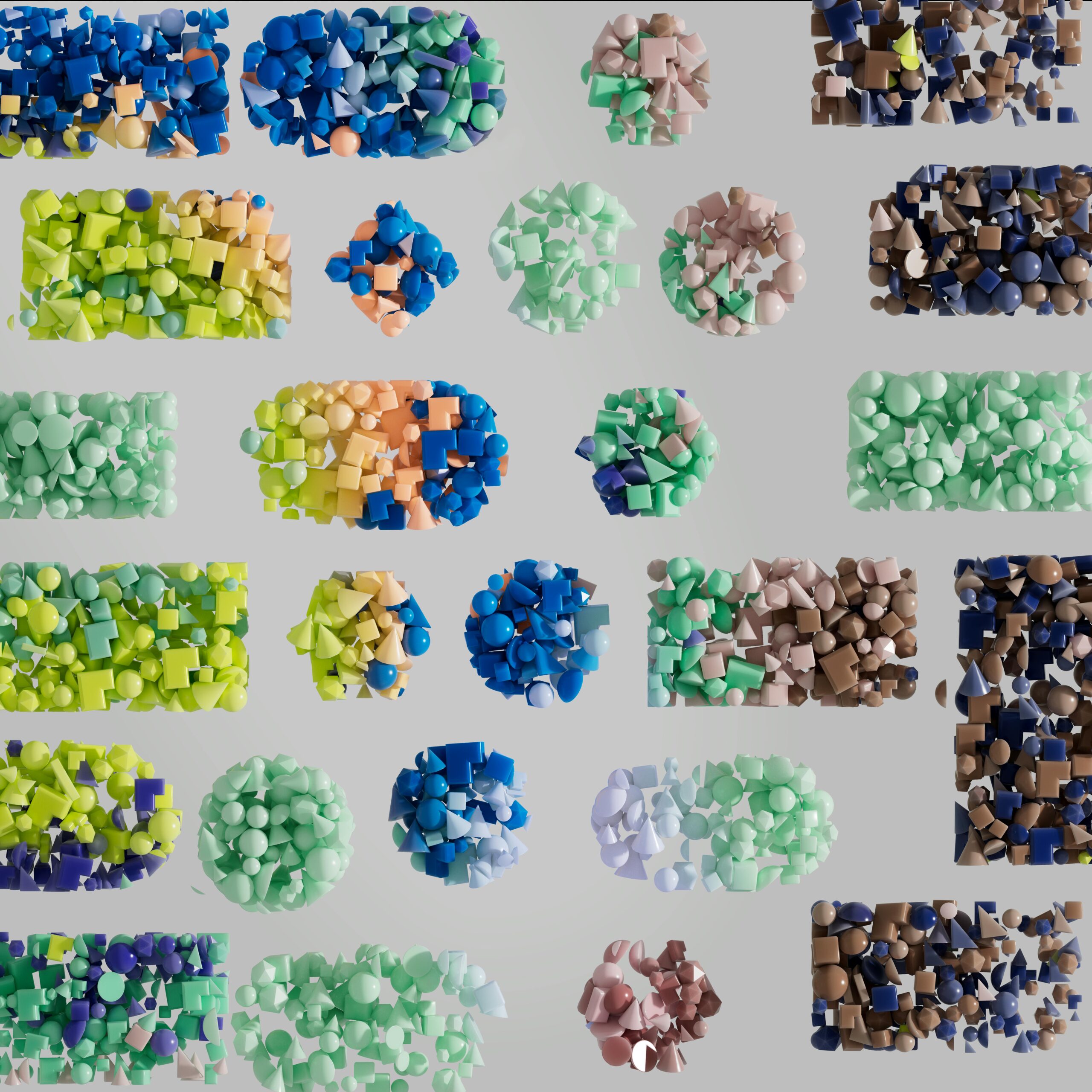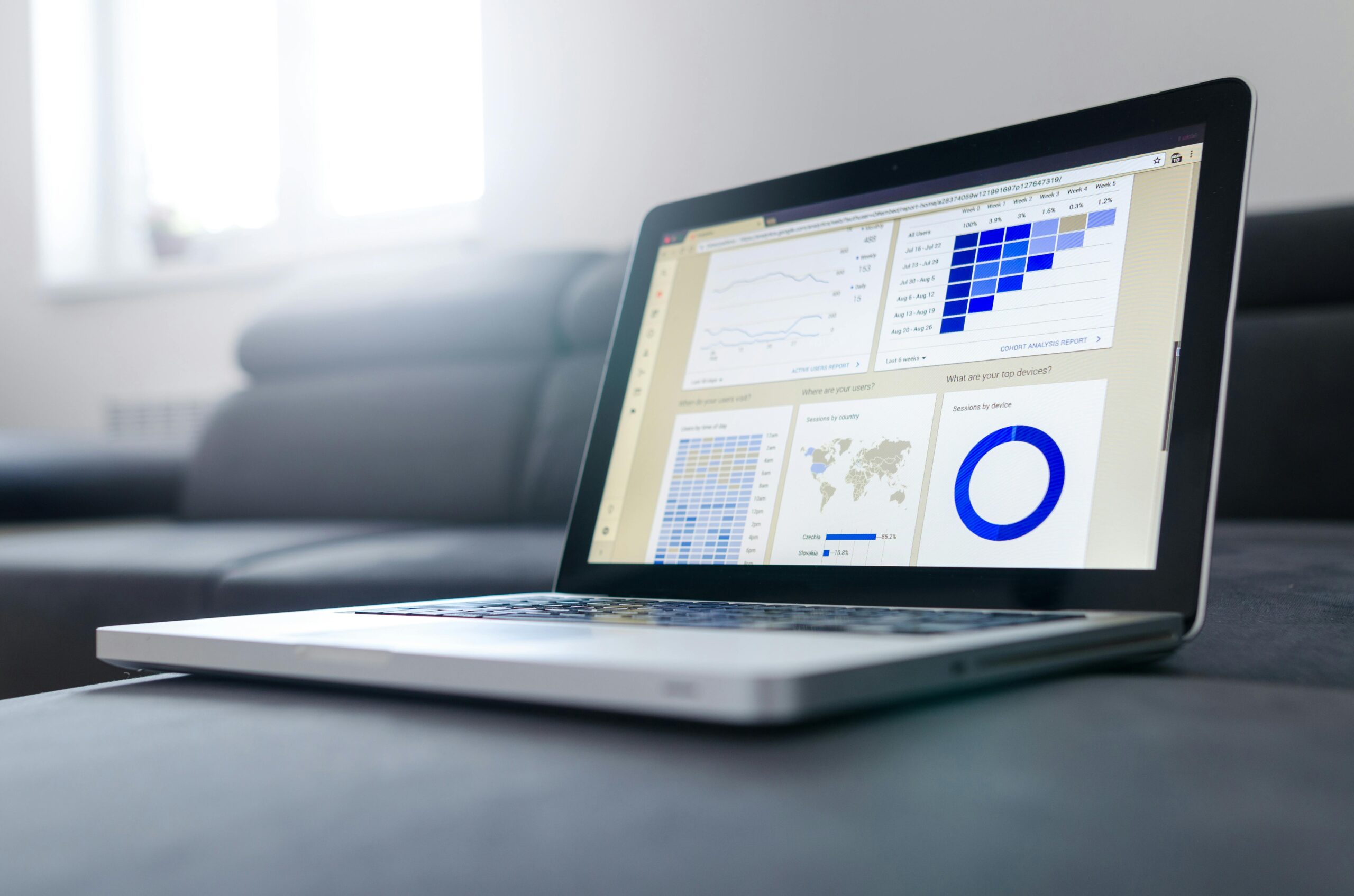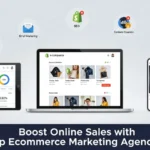
How to Supercharge Your Google Ads with AI
Introduction: Unleashing the Power of AI in Google Ads
AI for Google Ads is revolutionizing the digital marketing landscape. It’s no longer a futuristic concept but a present-day necessity for advertisers seeking to maximize their impact. By harnessing the power of AI, you can significantly improve the performance of your Google Ads campaigns, save valuable time, and achieve a higher return on investment (ROI).
Step-by-Step Instructions: Integrating AI into Your Google Ads Strategy
Step 1: Leveraging Smart Bidding Strategies for Optimal Results
Smart Bidding is an AI-powered feature that automatically adjusts your bids to help you achieve your advertising goals. It analyzes a vast array of signals, such as device, location, time of day, and more, to optimize bids in real-time. Google offers several Smart Bidding options, including Target CPA (Cost Per Acquisition), Target ROAS (Return on Ad Spend), and Maximize Conversions. The choice of which to use depends on your specific objectives. For example, if your goal is to acquire as many conversions as possible, Maximize Conversions is a great choice. If you want to achieve a specific ROAS, Target ROAS is the way to go. Configuring Smart Bidding within Google Ads is straightforward. You can find detailed instructions and guidance on the Google Ads support pages.

Step 2: Utilizing AI-Powered Keyword Optimization
AI excels at keyword research and selection. Features like “Close Variants” and “Broad Match” use AI to identify relevant search queries that your ads should target, expanding your reach and potentially increasing conversions. The “Close Variants” feature ensures you don’t miss out on relevant searches, even if they’re slightly different from your keywords. Broad Match allows your ads to appear for a wider range of related searches. Regularly monitor and refine your keyword strategy using the insights provided by Google’s AI tools. This might include adding negative keywords to exclude irrelevant searches and optimizing your bids for high-performing keywords. You can learn more about AI tools for keyword research in this guide: Top AI Tools to Supercharge Your Keyword Research.

Step 3: Crafting Compelling Ad Copy with AI Assistance
AI can generate multiple ad copy variations, helping you identify the most effective messaging for your target audience. Responsive Search Ads (RSAs) are a prime example of AI at work. With RSAs, you provide multiple headlines and descriptions, and Google’s AI automatically tests different combinations to find the best-performing ads. Regularly analyze the performance of your AI-generated ad copy. Look at metrics like click-through rates (CTR) and conversion rates to identify which variations are resonating with your audience. Make data-driven improvements, such as refining headlines or adjusting descriptions based on the AI‘s insights. You can also explore how to use Gemini to enhance your marketing efforts: Boost Your Marketing: A Guide to Using Gemini.

Step 4: AI-Driven Audience Targeting and Segmentation
AI significantly enhances audience targeting capabilities. Features like Customer Match, Similar Audiences, and in-market audiences allow you to reach highly specific segments of potential customers. Customer Match lets you upload your customer data to target existing customers. Similar Audiences helps you find new customers who share characteristics with your existing ones. In-market audiences allow you to target users who are actively researching products or services like yours. Continuously optimize your audience segments. Refine your targeting based on performance data, and experiment with different audience combinations to maximize your campaign’s impact.

Step 5: Monitoring and Analyzing AI-Driven Campaign Performance
Tracking the performance of your AI-powered campaigns is critical. Key metrics to monitor include CTR, conversion rate, cost per acquisition (CPA), and ROAS. Use Google Ads’ reporting tools to analyze these metrics, and leverage the AI-driven insights provided. Look for trends and patterns, and use this information to make data-driven optimizations. For example, if a particular keyword is generating a high number of conversions at a low CPA, consider increasing your bid for that keyword. You can also explore AI’s impact on digital marketing: AI’s Impact on Digital Marketing: Strategies for Success.

Tips and Warnings: Best Practices for AI Integration
Tip 1: Start Small and Test
Don’t implement AI features across all your campaigns simultaneously. Instead, adopt a phased approach. Start by testing AI features on a small scale, perhaps with a single campaign or ad group. This allows you to assess their impact and make adjustments before committing to a broader rollout.
Tip 2: Monitor and Adjust Regularly
AI is a powerful tool, but it’s not a set-it-and-forget-it solution. Continuous monitoring and optimization are essential. Regularly review your campaign performance, and make data-driven adjustments to improve results. This might involve tweaking your bidding strategies, refining your ad copy, or adjusting your audience targeting.
Tip 3: Don’t Over-Rely on AI
While AI can significantly improve your Google Ads performance, it’s crucial not to over-rely on it. Human oversight and strategic thinking are still essential. AI is a tool to enhance your capabilities, not replace them entirely. Maintain a strategic perspective, and use AI to support your overall marketing goals.
Tip 4: Understand AI Limitations
AI has limitations. It’s not perfect and can sometimes make errors. Be aware of these limitations, and be prepared to address any issues that arise. For example, if AI is generating ad copy that doesn’t align with your brand voice, make adjustments. If you’re concerned about data privacy, ensure your campaigns comply with all relevant regulations. Also, you can learn more about how to implement AI in your digital marketing strategy: Boosting Your Digital Marketing: A Practical Guide to AI Implementation.
Conclusion: Embracing the Future of Google Ads with AI
AI is transforming Google Ads, offering unprecedented opportunities for advertisers. By embracing AI, you can improve campaign performance, save time, and achieve a better ROI. The key benefits of using AI in Google Ads include improved targeting, automated bidding, and data-driven optimization. To stay competitive in the ever-evolving digital landscape, it’s crucial to embrace AI. Start experimenting with AI features today, and see how they can supercharge your campaigns. The future of digital marketing is here, and AI is at the forefront. Discover the power of AI in advertising with Google Ads: AI Essentials: How to Use AI in Advertising – Google Ads.
FAQ
How long does it take to see results after implementing AI in Google Ads?
The timeframe varies, but it’s often a matter of weeks, not days, as AI needs data to learn and optimize.
What are the potential risks of using AI in Google Ads?
Risks include over-reliance on automation, potential for errors, and the need for continuous monitoring and adjustment.
Do I need to be a technical expert to use AI in Google Ads?
No, Google Ads offers user-friendly AI features, but understanding the basics and monitoring performance is essential.
Can AI completely replace human involvement in Google Ads management?
No, AI is a tool to enhance human capabilities, not replace them entirely. Strategic thinking and human oversight are still crucial.
What are the costs associated with using AI features in Google Ads?
Most AI features are integrated into Google Ads and don’t incur additional costs, but they may require a higher budget to collect sufficient data.
Additional Resources / References
- AI Essentials: How to Use AI in Advertising – Google Ads
- Google Ads AI Essentials 2.0 – Google Ads Help
- Google Ads Intelligence: How to use AI-powered Advertising
- Powering Up Your Google Ads with AI: A Primer for Beginners
- Mastering Google AI Ads for Enhanced Marketing
- Top AI Tools to Supercharge Your Keyword Research
- Boosting Your Digital Marketing: A Practical Guide to AI Implementation
- The Future of Digital Marketing: How AI is Changing the Game
- Boost Your Marketing: A Guide to Using Gemini
- AI’s Impact on Digital Marketing: Strategies for Success



